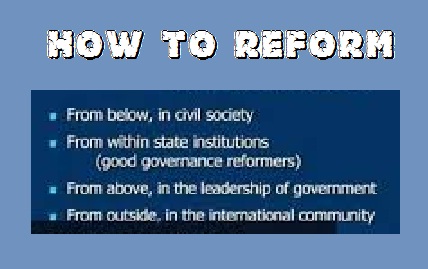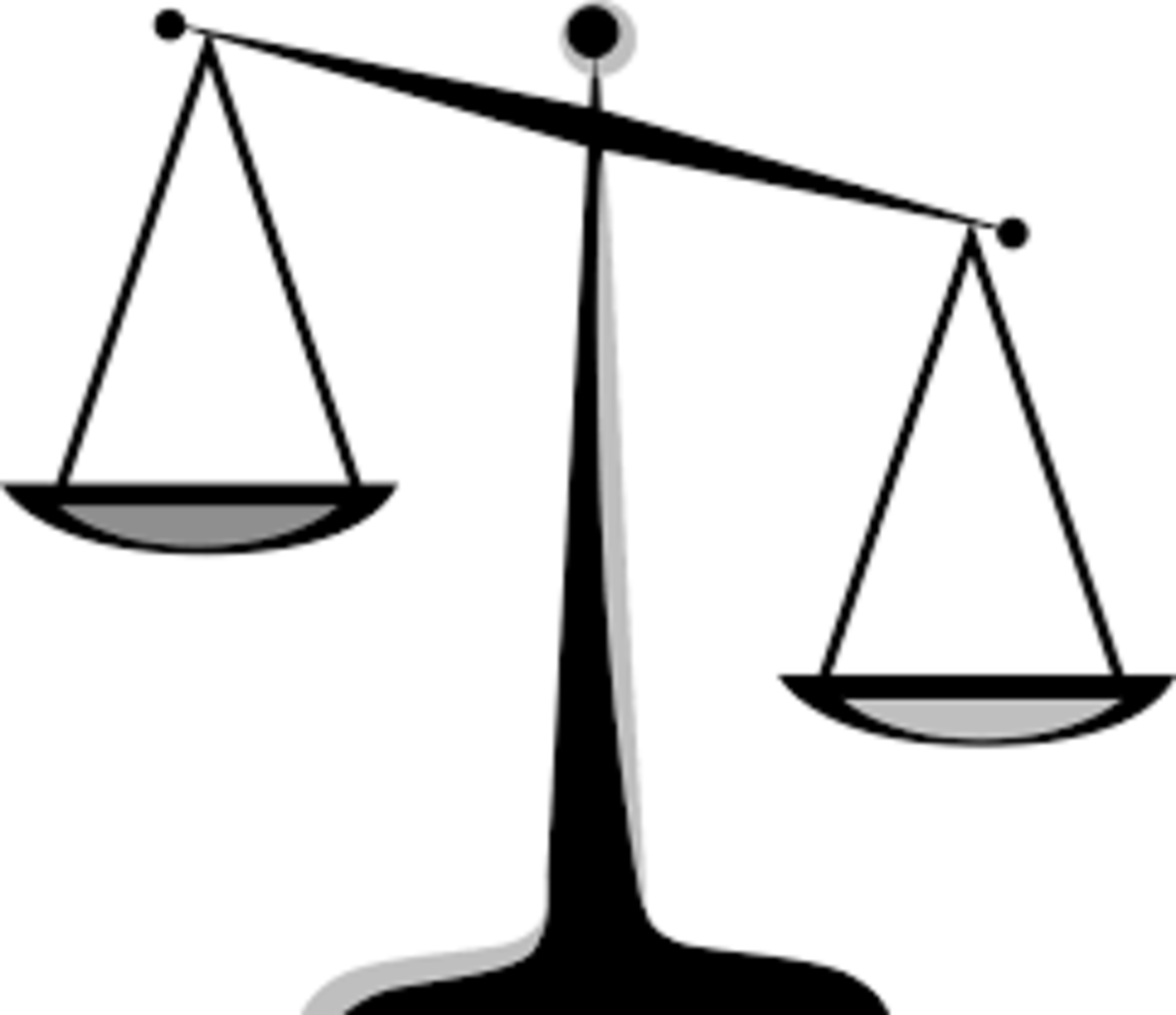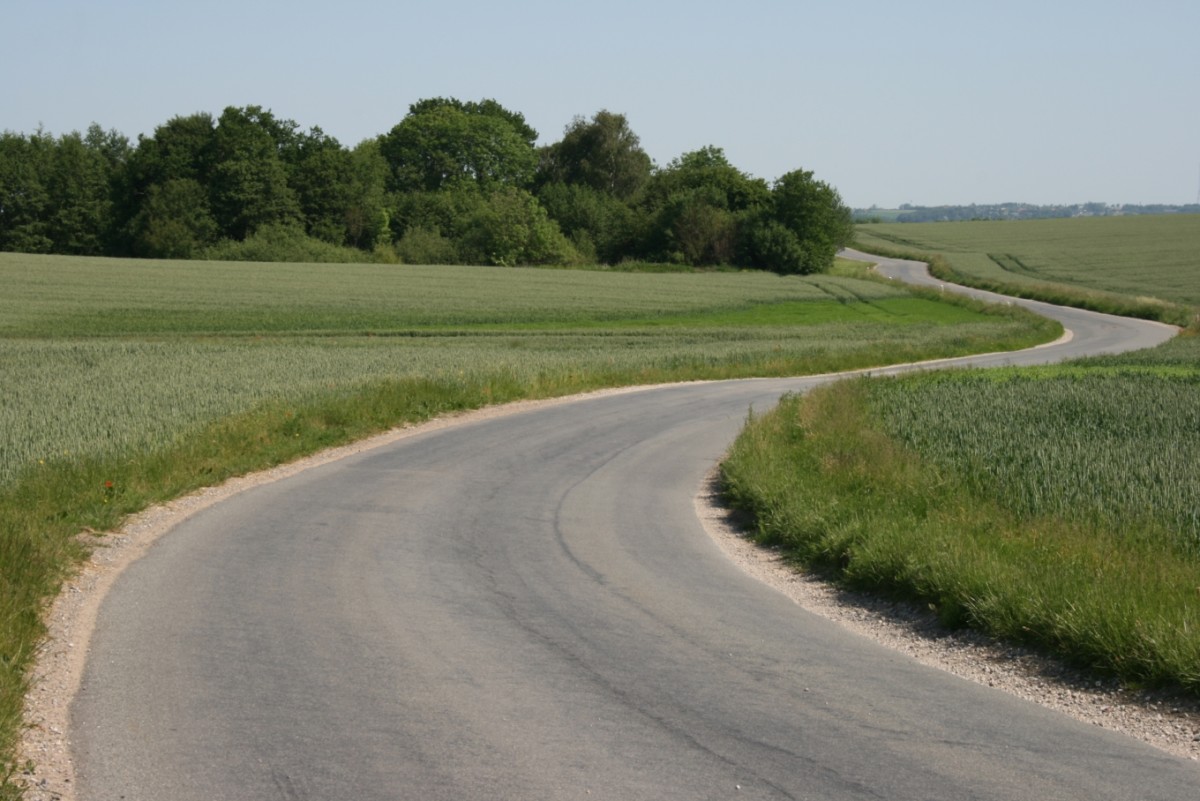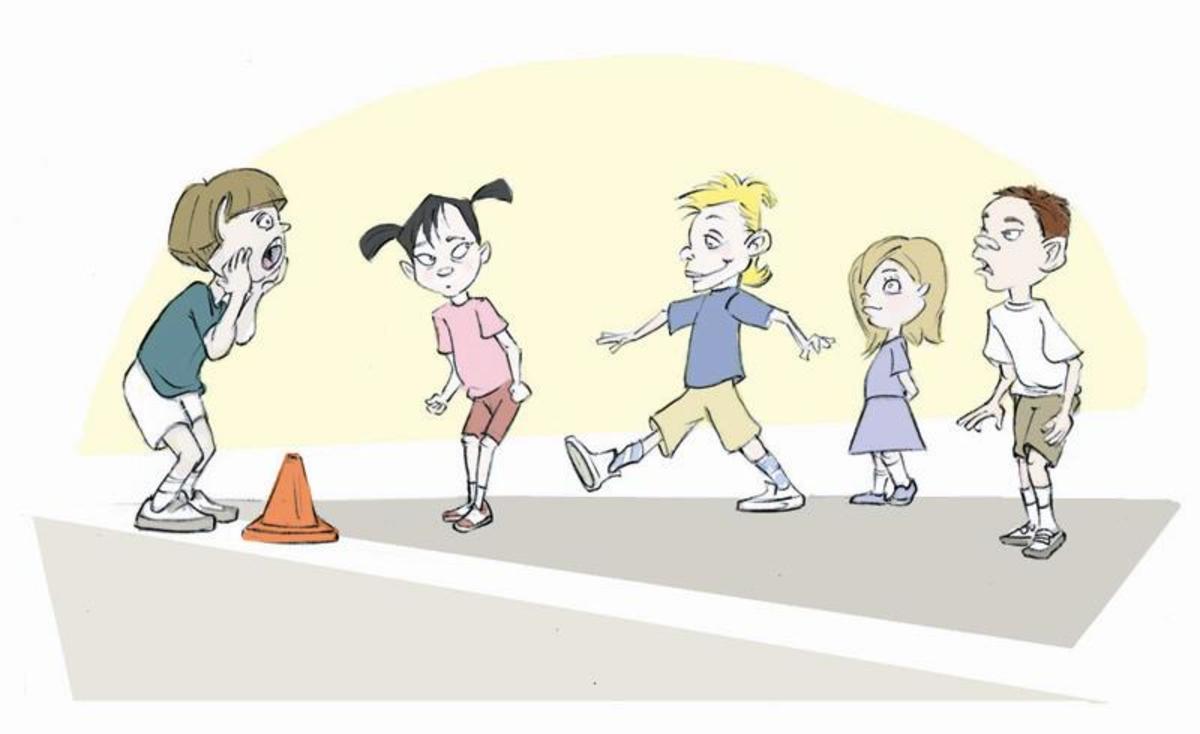What Is the Future of Democracy?
How did democracy enter our lives?
Democracy seems to me, an antithesis of history. For, neither is there a species without an identifiable social hierarchy, nor is there a period, the human species has in its early origins, without some form of hereditary leadership. Also, of all the forms of governance including anarchy, democracy is the one where the citizens are required to labour the most to have them governed. Still, it is the most preferred form of government. Therefore, how democracy happened to become a part of human society, in fact is the first question that should arise. Why did people willingly choose this form of governance? How did it begin?
'People’ of the same feather flock together
The earlier days of our society would have been great, the vast treasure of ancient literature pointing to unparalleled intellectual wealth, to note one thing we can deduce from the signs left by bygone eras. Humans would have been living a life in a manner best suited for their survival, which, unlike all other forms of life, is one of independent existence. (Look at the survival techniques of well trained forces, almost all of them pivot around self-contained, individual moves.) It is possible that a few disgruntled elements, perhaps the utterly unsuccessful ones, joined together and formed a minuscule group. As it happens when humans group, then also, random ideas would have been evolving. And some of those ideas would have been to do something to harm the flourishing society. (Just like we find these days in all our endeavours) It looks like a few of them joined together and gave that idea a rather formal look, calling it a ‘party’. This surprising discovery turned out to be an ideal concept; useful equally well for those who agree with the concept as well as for those who oppose it vehemently. And since the institution of this, our society has never been the same.
Democracy - The Usual Path
All democracies have been taking the path predicted by Socrates, that a democracy will metamorphose into demagoguery, sooner or later. Socrates’s point is that voting in an election is a skill, not a random intuition. And like any skill, it "needs to be taught systematically to people.” Since we are paying only scant attention to teaching the art or science of election, the above prediction is remaining valid. Hitler's rise to power is a good example. But this has not been repeating often, and may not take place in the future too, in a predictable manner in all democracies, since, the institution of party politics introduces a non-linearity.

'Party – the rationale for democracy
I think, democracy now came to be instituted as a formal cover for making permanent rooms for such ‘parties’ in our midst. We thus came to acquire, ‘party democracy’ with all its incongruities and undesirables. I suppose, the fact that there are many unsuitable elements in it has always been known to mankind. For, improvements are being contemplated for the existing political system of governance in all democratic countries. Otherwise, what is the need to devote a lion’s share of governmental efforts, not towards the activities of governance, but in trying to make the government itself, better?
The Present Path?
But this has been so since the earliest days I can remember. I have attended scores of political meetings, where, allocating a greater amount of resources for improving the existing system governance was cited as the most urgent need facing the nation, to justify additional taxes and other ways of collecting resources. Nowadays also, this remains as a priority area for all governments. It seems, either we have not been able to improve our system of governance or we failed in identifying the right cause for ‘democracies not being able to deliver the goods’.
I have been thinking about this. And I find that over the years we have come to adopt democracy as the most acceptable form of governance. But we seem to have forgotten about the very rationale for democracy, that is, its role as an excuse for ‘parties’. This is quite surprising, when, even for a much insignificant idea, we do not feel comfortable unless its origins can be found out with exactitude! At least as a topic of academic research, such a thing would have been alive and in probe. But that doesn't happen here. We are therefore not able to see the damage being done by parties or party politics, in destroying the pristine character of democracy that we are interested in. The basic character of democracy, one that makes it, true self governance, is nothing but the free participation by all. By unceremoniously negating the primary condition which would have ensured rational decision making at all levels, that all who participate will do so according to ones own free will, the party system has converted democracy to a maker of ‘qualified’ decisions. Not only that, it has reduced the function of a party, to one of always opposing the other side, a rather meaningless task. As a result of this, in cases where a decision do not produce the desired effect or lead to a failure, rather than re-examining the soundness of one's choice (a tough task), the ruling party feels the urge to take a readily available path, blame the ‘opposition’ (easy alternative).

The Path Ahead?
I think many in our society will be agreeing with me. We are continuing with the system of multi party democracy in spite of all the above noted difficulties, as it offers a convenience. Which is that if there are instances of governmental failures it can be easily deflected away from the ruling party. Also, the ruling party can gloat in case of success, and the opposing party can very well share the glory of success while causing obstructions with impunity. Perhaps this advantage is what is preventing the populace from learning the undesirability of the ‘party’.
I think there is writing on the wall. We need liberate democracy from party system. We also need to see that it shall not metamorphose into demagoguery. Historically, unlike all other beings that happen to have some kind of leadership regulating all affairs of life, humans did pass through many mechanisms of organizing their society. Anarchy, oligarchy, and many other social experiments have preceded the present confusion, which, I think is a transition period. We can make democracy free of party system by exploiting the capabilities of IT, to have an abstract ruler listening to the views of each and every citizen. Such a system can work, till a new development in science or elsewhere render the technology redundant.








